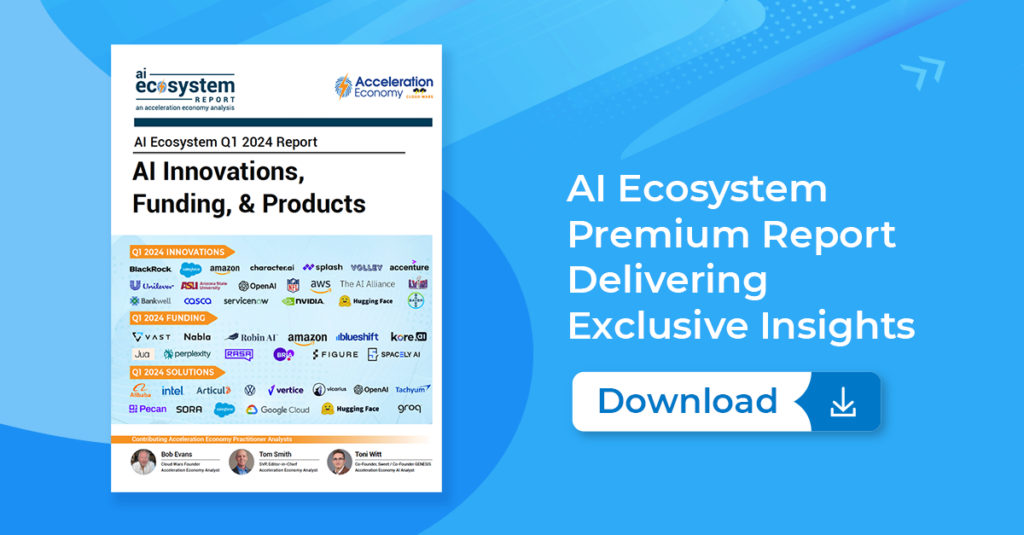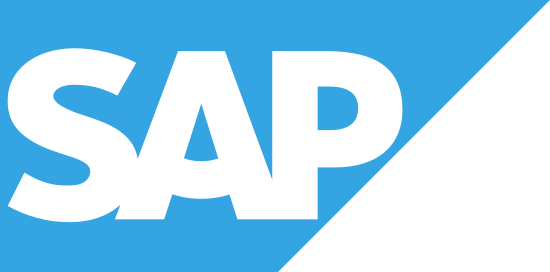
SAP’s new Cloud ERP Suite has grown by more than 30% for nine straight quarters and can handle all of SAP customers’ traditional requirements and core business processes, which means that more of SAP’s on-prem ERP customers will begin accelerating their moves to the cloud.
During SAP’s Q1 earnings call earlier this week, CEO Christian Klein did not pull any punches in outlining this latest major step in SAP’s evolution to a cloud-and-AI-first company.
SAP punctuated that move in a very public and visible way, which marked the first time SAP rolled together — under the Cloud ERP Suite name — the financial results for cloud apps managing finance, spend management, HR, supply chain, commerce, and more, as well the fast-growing Business Technology Platform, data, and analytics.
“Together, these modules have the same functional scope as our monolithic on premise ERP,” Klein said at the top of his opening remarks on the earnings call.
“Our modular and integrated Cloud ERP is unmatched in covering the core processes for over 25 industries and 130 countries, and represents a $700 billion market opportunity by 2027.”

The AI Ecosystem Q1 2024 Report compiles the innovations, funding, and products highlighted in AI Ecosystem Reports from the first quarter of 2024. Download now for perspectives on the companies, investments, innovations, and solutions shaping the future of AI.
That is exactly the type of statement that Klein and other SAP executives have been sharing with increasing frequency — and intensity — as they take all reasonable steps to encourage on-prem customers to jump into the cloud. And with this new move to configure many of their key cloud apps as the Cloud ERP Suite, SAP is taking yet another step in giving on-prem customers fully viable alternatives, roadmaps, and bundled solutions for a customized journey to the cloud.
“In Q1, revenue from the Cloud ERP Suite was up 32% and reached 3.2 billion Euros” or $3.48 billion, Klein said.
“We have seen exponential growth in this metric for two consecutive years as we are successfully expanding our footprint in our installed base…Every customer right now has to redesign core processes end-to-end to master the business transformation in the industry. And this is only the beginning. The flywheel has just started to spin.”
Later in the call, SAP chief revenue officer Scott Russell explained that another key factor behind the growth of Cloud ERP Suite is the urgent desire among customers to gain full and simplified access to all of their data — and in particular, their SAP data.
“The reasons behind nine straight quarters of 30%-plus growth for Cloud ERP Suite are evolving,” said Russell, who’s been a member of SAP’s executive board for more than 2 years.
“There is no doubt companies want best-in-class processes, and to be able to automate their enterprise, and to build in efficiency. But what they’re clearly now seeing is not all data in the enterprise is equal. The data that sits in the SAP platforms is the most valuable data that they have.
“And when they think forward and they look at our innovation roadmap with Business AI and they see the capabilities that we bring inside the core, not only will they get the benefit out of the generative AI capabilities in our and generative AI hub, but also for the SAP data that’s most valuable to them, it’s got the integrity, it’s got the context, it’s got the metadata, and it’s got the semantics — and that’s how customers can get the innovation insights,” Russell said.
More and more customers, Russell said, are shaping their high-level transformation conversations with SAP around three interlinked and indispensable topics: best-in-class innovation, high-value data, and GenAI capabilities.
“That’s why our customers are so excited about the roadmap,” he added.
“The pipeline that we generated in Q1 was the best on record. We continue to see strong demand not only in what we booked and what we’re generating in cloud backlog, but also the interest from the market–and a lot of that is stimulated by our Business AI roadmap.”









